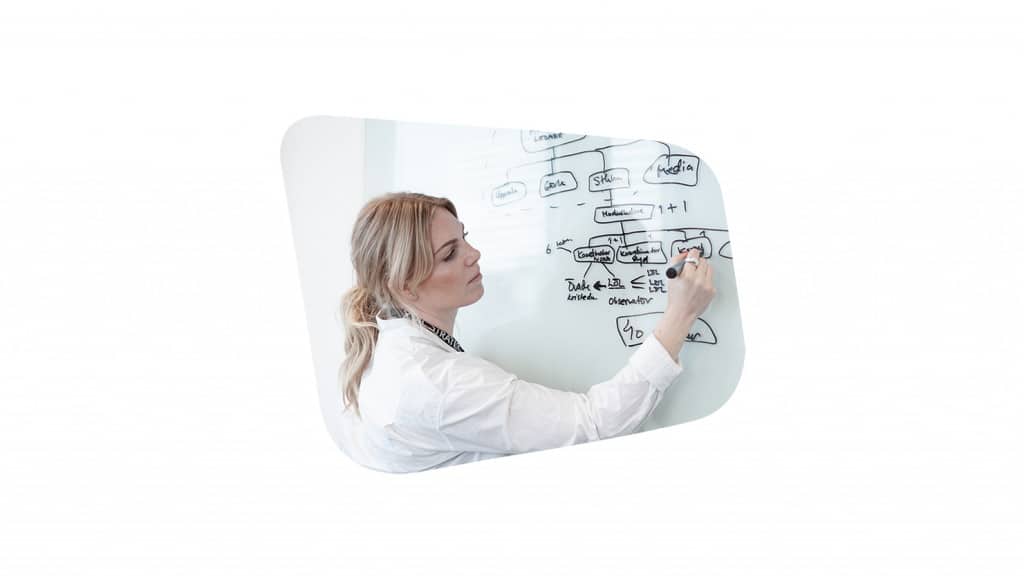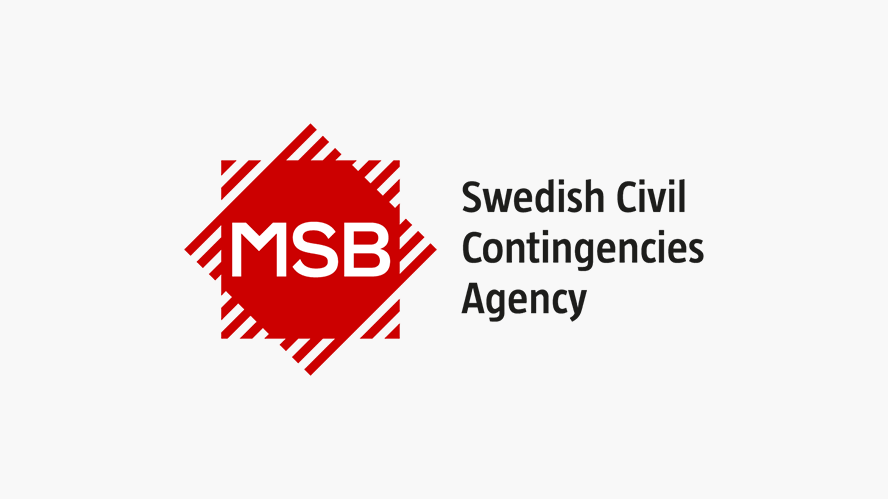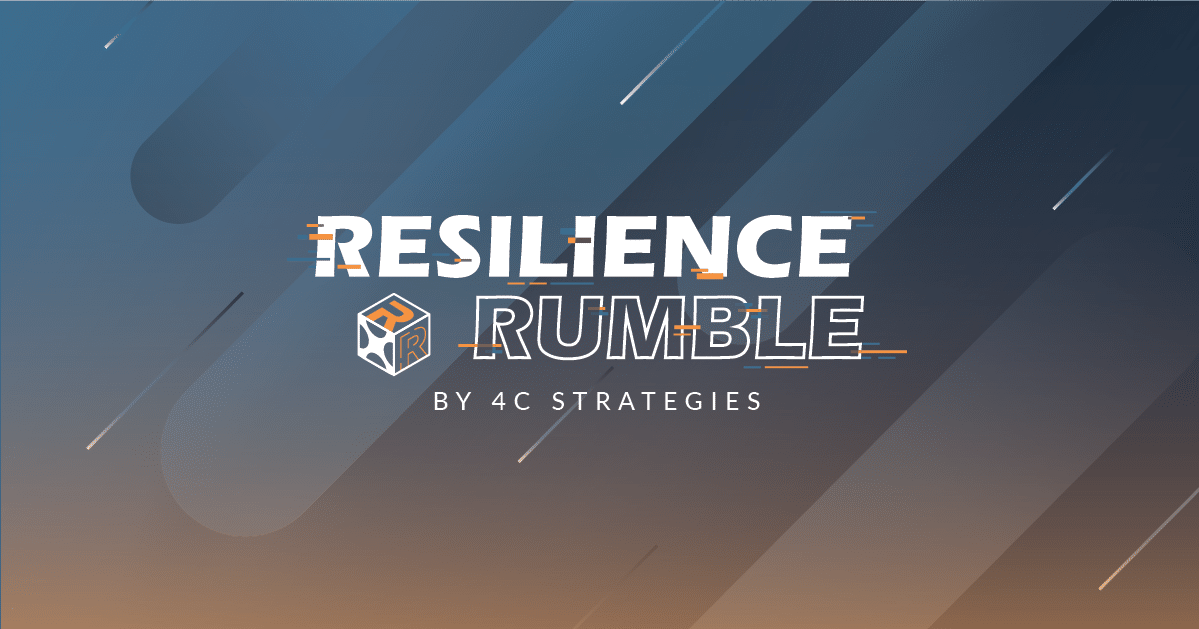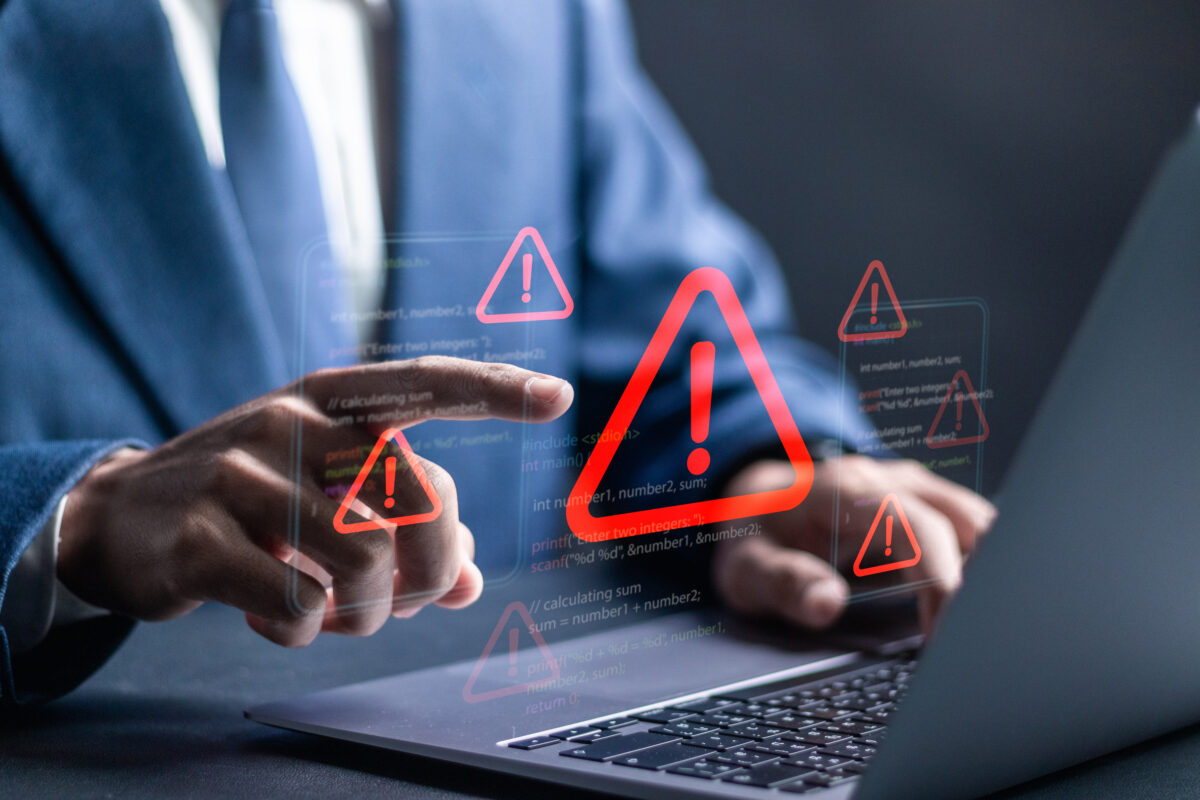4C Strategies has supported Princeton University’s Innovations for Successful Societies research centre, specialising in government reform and institution-building, in producing a new study on how democracies can defend elections against disinformation.
One part of the study focuses on how Sweden defended its 2018 election against the threat of foreign influence, and covers best practices and lessons learned. The study will be taught in graduate-level university courses, as well as shared with a network of election management authorities and other public servants worldwide.
Princeton University reached out to 4C Strategies to draw on its experience working with elections on a local, national and international level. Jonatan Jürisoo, Senior Consultant and expert in election resilience at 4C Strategies, shares some insight on the topic.
Hi Jonatan, why is it important to have a resilient election process?
A healthy electoral system, with minimal disruptions, is a basic function of democracy. Interruptions and mistakes can end up reducing confidence in the democratic system itself.
What can go wrong during an election?
For a number of reasons, different parts of an election could be threatened, such as voters’ willingness and ability to vote, the election process itself, or the integrity of the results.
Elections might be targeted directly, with attacks on polling stations, bomb threats, hacking, or disinformation campaigns. Human errors may also occur, along with unforeseen disasters such as fires or IT disruption. Interruptions may then be exploited by groups who wish to disrupt election activity.
How can you mitigate these issues?
Potential threats can be mitigated with resilient election processes that minimise risk and promote confidence. Confidence in the electoral system, and knowledge of how it works, can then serve to vaccinate against information influence.
While it is not possible to identify every risk to an election, having robust critical processes in place can help to prevent issues. Fundamentally, it is also important to have the capability to handle crises whey they occur, with a strong crisis management capability.
.text-block__img { margin: 0 auto; width: 75%; box-shadow: 0 5px 25px rgba(0, 0, 0, 0.15); }
“By ensuring the integrity and smooth functioning of the election, you reduce the risk of a successful influence campaign because disinformation is usually born from a seed of truth,”
Jonatan Jürisoo, 4C Strategies Senior Consultant; Sweden Defends its Elections Against Disinformation, 2016 – 2018
Building a Resilient Election
-
Risk Management – Identifying and mitigating risks to the election process
-
Business Continuity Management – Ensuring continuity for critical processes
-
Crisis Management – Building crisis management capability
Get in contact
Learn more
Learn more about how 4C can help with Risk, Crisis, and Business Continuity Management
Get in touch
Related Insights and Case Studies
Impact of fake news on organisational resilience
MSB: Countering disinformation in Sweden
Best practices for countering disinformation













